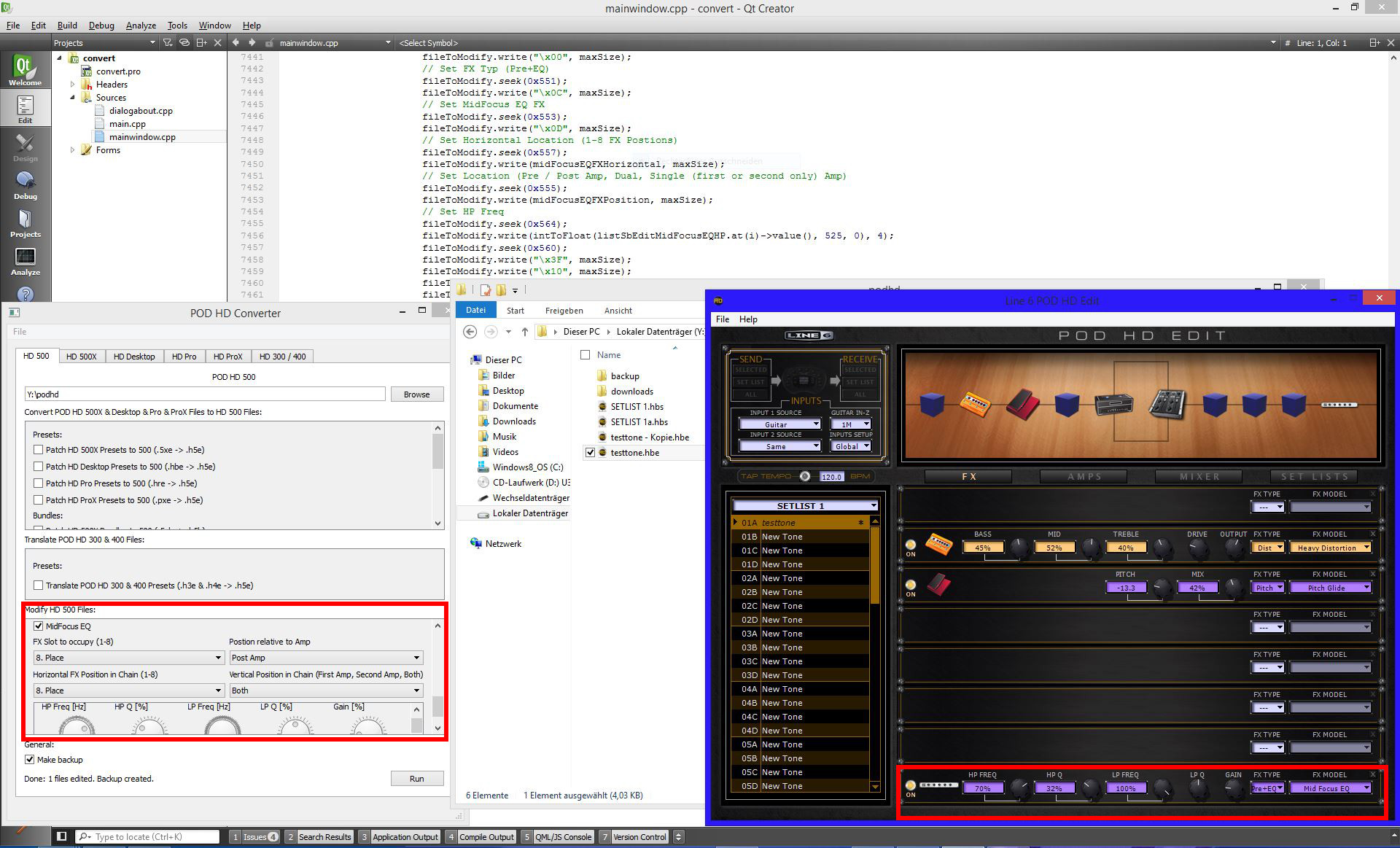Exe File To Dmg File Converter For Mac
Exe to dmg free download - DMG, DMG, DMG Extractor, and many more programs. Best Video Software for the Mac How To Run MacOS High Sierra or Another OS on Your Mac Best Graphic Design Software.

Convert Exe To Dmg Online
I was wondering if there is any software around that can convert.exe files to.dmg files The only time it would help to do that would be if the.exe file was a self expanding Zip archive. And then only if the contents were even usable on a Mac.exe files are a Windows executable. A program in other words. Unless you're running Windows in an emulator such as Parallels or Virtual PC, they won't do you a bit of good. If you could even find a program to decompile (reverse engineer) an.exe file and recompile for the Mac OS, it would be illegal to do so most of the time.
Pretty much any commercial software forbids such action. Also, quite a bit of.exe files you may download are installer programs for Windows. So it would produce yet more.dll,.exe and other Windows-centric files. The iBook G4 can't run Parallels because it is a PowerPC, and not Intel, but it can run these solutions to get Windows to run: - which Kurt already mentioned - GuestPC Mind you, you will need a copy of Windows on CD for all except the WINE solutions. WINE solutions though are not as compatible as the full Windows emulator and virtualization solutions. The iBook G4 is usually only fast enough to run Windows 2000 or older versions of Windows. If you want to run XP or Vista, you'll want a newer Intel Mac that was released 2006 and later.
The Intel solutions are typically virtualization and not emulators. Those have other solutions for running Windows Applications listed here (some are the same as PowerPC, others are not): - a WINE like solution Two programs which will open Windows executible ZIP files are.
If neither can open those ZIP files, then in all likelihood it will need an emulator/virtualization solution above. I've made a list of software search engines on my. that you can find Mac native equivalent titles to Windows compatible titles. Links to my pages may give me compensation. Message was edited by: a brody. Apple Footer. This site contains user submitted content, comments and opinions and is for informational purposes only.
Apple may provide or recommend responses as a possible solution based on the information provided; every potential issue may involve several factors not detailed in the conversations captured in an electronic forum and Apple can therefore provide no guarantee as to the efficacy of any proposed solutions on the community forums. Apple disclaims any and all liability for the acts, omissions and conduct of any third parties in connection with or related to your use of the site. All postings and use of the content on this site are subject to the.
Extensions don't actually change what type of file something is, although they often do hint to the system what do do with a particular item. DMGs are not executables, they are disc images. They are files that act as discs, which often contain the executables and other files for applications. When you double-click on one, the system mounts it and you then have access to the files inside.
Both Windows and OS X execute binary executable files, although they are in different formats. The big difference in what a user sees if using the GUI is that on Windows, you usually see the.exe executable file, which resides in a folder that contains other files and information that the program uses. On OS X, all those other files, along with the primary executable, are contained in a 'bundle' (really a folder) with the extension.app.
Double clicking on a.app bundle will execute the internal executable and load your application. Outside of the GUI, in the actual file structure, Mac and Windows systems are really quite similar; these differences are mostly a question of how the system presents things to the user for manipulation in the GUI. Every executable file in Windows has extension of.exe This is not correct. In DOS there was 2 executable file extensions:.COM and.EXE.
Windows inherited those so it also supports.com and.exe. Note that.exe is just the 'container' that contains various If you run a command without an extension Windows will append the extensions in the%pathext% environment variable and search until it find the first file with that name. The default value of the variable is like this echo%pathext%.COM.EXE.BAT.CMD.VBS.VBE.JS.JSE.WSF.WSH.MSC As you can see there are other executable file types that Windows will run (without an extension), but most of them are scripts and not binary executables. Nevertheless Windows doesn't actually uses the file extension to determine the file format. Any files beginning with MZ (which is the signature for the MZ format). Windows 10 also has the ability to run Linux ELF binaries with the introduction of Setup files in Windows are also often provided in.msi files which a format read by, although strictly speaking it's not a executable file.
It depends how you define 'executability'. I believe MSIs are without any doubt not executable, because they are just an archive - optimized for installers, but it doesn't matter in this case. They aren't more executable than ZIPs.
Scripts of any kind are on the edge of 'executability', because they need an interpreter. I don't know details on how.NET EXEs are executed, but I'd say they are the same case as CLASS - they contain some kind of machine code (that needs translation/interpretation, but still). – Aug 30 '13 at 5:11.